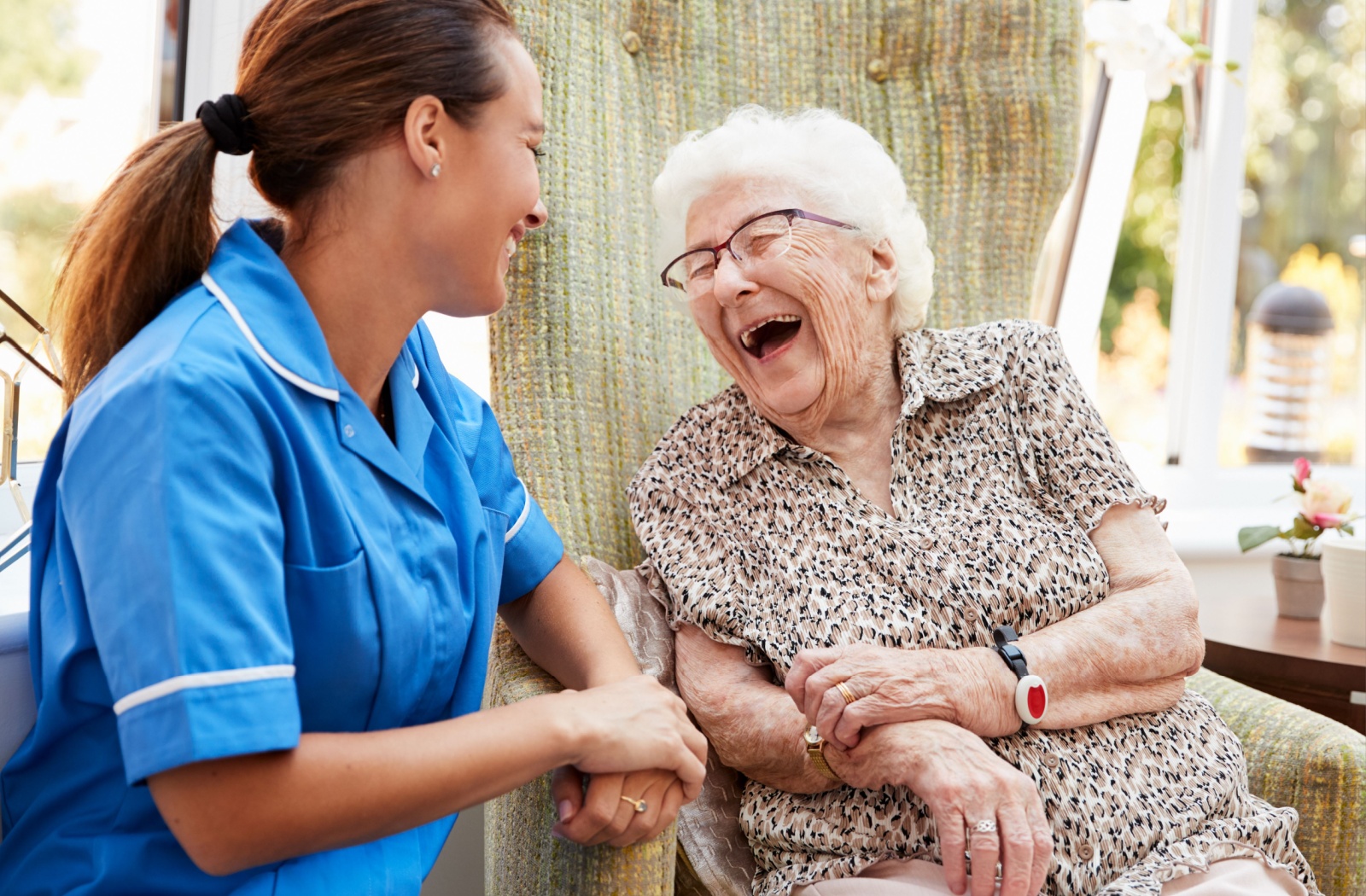Caregiving can be a fulfilling experience, but it can also take a significant toll on your physical, emotional, and mental health. As a caregiver, you need to be aware of the symptoms of burnout and the steps you can take to recover from it.
Recovering from caregiver burnout isn’t a one-size-fits-all process and it varies greatly from person to person. Some individuals might start to feel better within a few days, while others might take years to fully recover. This is largely dependent on the severity of the burnout and the individual’s personal circumstances.
Sometimes though, when a loved one has a severe medical condition and needs proper support from a team of trained caregivers, hospice care may need to be considered. Del Corazon Hospice is here to help you and your loved ones with end-of-life care, wherever you call home.
Recognizing the Symptoms of Caregiver Burnout
The first step in recovering from caregiver burnout is recognizing the signs and symptoms:
- You’re finding yourself running on less energy than before
- You’re catching every cold or bug that’s floating around
- Even after a good nap or break, you’re still feeling wiped out
- You’re pushing your own needs to the side, either because you’re too busy or you’ve lost interest
- Even when there’s help available, you can’t seem to let go and relax
- You’re getting a bit snappy or angry with the person you’re caring for or others around you.
- You’re wrestling with feelings of helplessness and despair
If you notice these symptoms, it is important to seek support from friends, family, or healthcare professionals.
Timeframe for Recovery
Recovering from caregiver burnout is a process and varies from person to person. It can take anywhere from a few weeks, several months, or even a couple of years to recover depending on the severity of the burnout.
There’s no set timeline for recovery, as it’s about taking it one day at a time and practicing self-care.
It’s important to allow yourself to experience these feelings as they are normal and part of the healing process.
Self-Care Strategies
Self-care is crucial in recovering from caregiver burnout. Make sure you prioritize your own wellbeing and take steps to recover and prevent future burnout.
Here are a couple of self-care strategies and prevention tips:
Don’t Hesitate to Ask for Help
You don’t need to shoulder everything yourself. It’s okay to get your friends and family involved in some of the caretaking duties.
Reach Out for Support
Chatting about what’s going on with you and getting help from your loved ones or even a support group can help you process your feelings and emotions. Keeping everything bottled up can lead to depression and feeling swamped. If things get tough, there are resources available, such as professional counseling, that can help.
Connect with Other Caregivers
Connecting with others who have experience with what you’re going through gives you a chance to both receive and offer support and encouragement.
Take Regular Breaks
These little timeouts can help reduce your stress levels and recharge your batteries. Use this time to do things that relax you and boost your mood. Even a quick 10-minute break can make a difference.
Participate in Social Activities
Catching up with friends, continuing with your hobbies, and doing things you enjoy are key to keeping your spirits up and avoiding isolation. Pick an activity that takes you away from the daily challenges of caregiving.
Prioritize Your Health
Don’t miss your regular doctor appointments, take your meds, and see your doctor when you’re feeling under the weather. You can’t take care of someone else if you’re not well yourself.
And remember, nutritious meals and regular exercise keep you healthy and give you the energy and stamina you need and can also help lift any depressive feelings.
Get a Proper Amount of Sleep
Enough rest is crucial for your well-being and to keep your energy levels up. Quality sleep helps restore energy levels, improve mood, and enhance overall cognitive function, making it easier to handle daily caregiving tasks effectively.
Professional Help
If self-care strategies are not enough, seek professional help. You can talk to your healthcare provider, therapist, or counselor who can provide you with the support you need. They can also help you develop coping strategies and refer you to other resources.

Understanding Caregiver Burnout
Recovering from caregiver burnout is a journey that requires patience, self-care, and support. It is essential to maintain good physical and mental health before, during, and after experiencing caregiver burnout.
This means continuing to practice self-care, seeking support when needed, and recognizing the signs of burnout should they appear.
Preventing burnout is easier than recovering from it, so it is essential to prioritize your own well-being as a caregiver, and reach out to friends, family, and healthcare professionals.
If you’re experiencing caregiver burnout, or your loved one’s health requires professional support from a team of trained caregivers, the hospice nurses at Del Corazon Hospice are here to help. Our services are designed to make the day-to-day easier for you and your loved ones, and we provide care wherever you call home. Contact us today!


